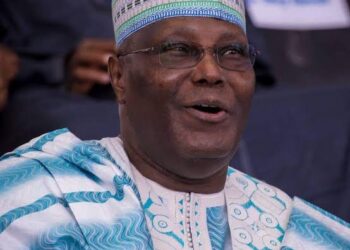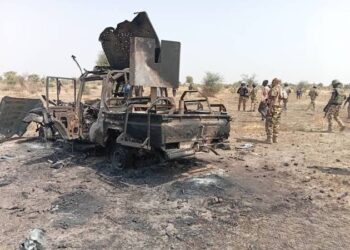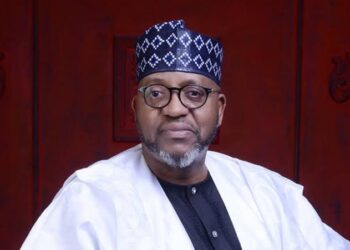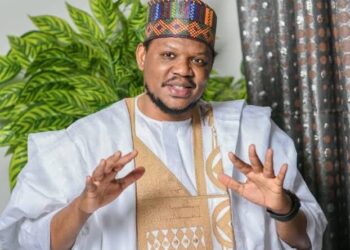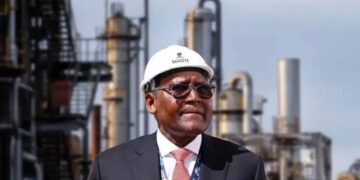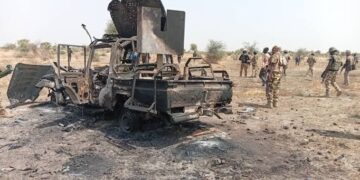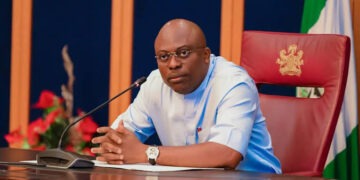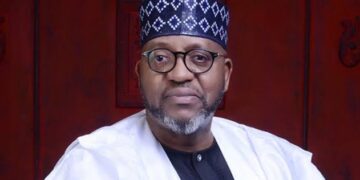Hope ’93 was ultimately derailed by the imperative of urgency and the unchecked power of one man, IBB, who has likely lived long enough to feel the weight of regret for his impulsive actions in annulling the election or to recognize the fleeting nature of power and the futility of its misuse.
If given another opportunity, would he have made the same choice, or would he have acted differently? Every sunrise presents a new chance, but unfortunately for Hope ’93, it was sunset. It now falls to future generations to pass judgment on IBB for his heinous political maneuver, which, with the stroke of a pen, derailed Nigeria’s path to political destiny and, consequently, national greatness.
Since the annulment, Nigeria has grappled with a series of socio-economic and political policy reversals that have made even the most intelligent and astute leaders appear inadequate in the art of nation-building and development. One of the reasons for IBB annulling the presidential election was MKO’s defiance and blatant refusal to comply with his request to select Pascal Bafyau, the former NLC leader, as his vice presidential candidate. IBB had indeed cautioned MKO about the repercussions of disobeying his demand by not adhering to it.
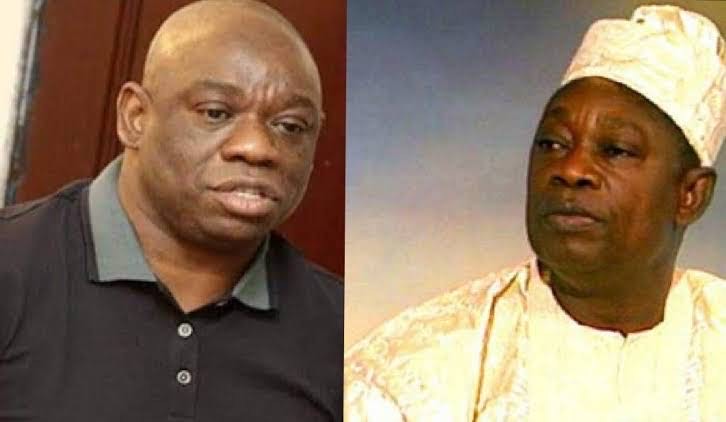
Additionally, there was significant pressure from the 14 Northern governors who insisted that MKO choose Babagana Kingibe as his running mate. MKO had also made a promise to Atiku, who, following in the footsteps of his mentor Yar Adua, stepped down for MKO q the primary election in Jos, Plateau State, in order to facilitate his victory.
MKO had pledged the Vice President position to Atiku, only to surreptitiously discard the agreement in favor of selecting Kingibe, naively believing that by choosing such a popular and respected Northern political figure, both Yar Adua and IBB would relent and end their opposition. However, his assumption proved to be incorrect.
Yar Adua actively advocated for an interim government, alongside the outspoken Nzeribe. They manipulated the best election ever conducted and left the nation to nurse its wounds to this day. Enemies worked tirelessly to deny MKO the rightful honor and glory of assuming the presidency following his victory in the 1993 election.
MKO could be likened to a felled tree that miraculously sprouted anew. Although MKO did not live to be inaugurated as Nigeria’s President, a symbolic validation of his victory occurred on June 6, 2018, when the then-President General Mohammadu Buhari posthumously conferred upon MKO the Grand Commander of the Federal Republic (GCFR), the nation’s highest honor reserved for presidents.
June 12 was subsequently declared Democracy Day each year in remembrance of the annulled presidential election. Buhari also renamed the National Stadium in Abuja to the Moshood Abiola National Stadium. MKO’s political journey began at the age of 19 when he joined the National Council of Nigeria and Cameroon (NCNC). However, his significant foray into partisan politics occurred in 1979 when Obasanjo’s military regime transitioned power to the civilians, with Alhaji Shehu Shagari assuming the presidency.
He made a fervent effort to become the NPN Chairman in Ogun State but was thwarted due to the Buhari-led coup on December 31, 1983. In 1993, Nigerian voters did not base their decisions on tribal or religious affiliations, as they did not view the Muslim-Muslim ticket of Abiola and his running mate, Babagana Kingibe, as anti-Christian.
MKO’s popularity transcended all societal boundaries, with even his NRC opponent, Alhaji Bashir Tofa, being defeated in his native Kano by Abiola. In 1994, nearly a year after the annulment and anticipating the potential invalidation of his election results, Abiola boldly declared himself the President of Nigeria in a speech delivered at the Epetedo playing ground on Lagos Island.
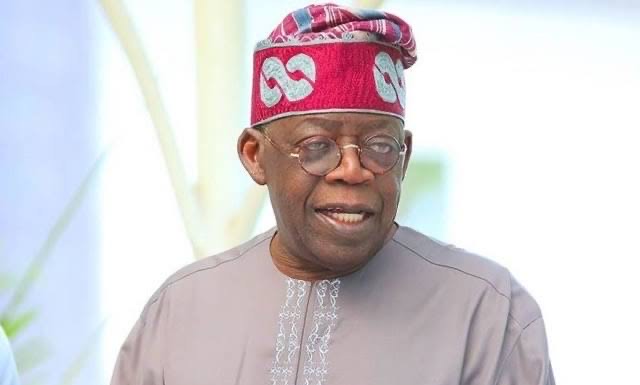
He was promptly arrested and imprisoned by the Abacha military regime on charges of treasonable felony. Despite numerous appeals from world leaders, Abacha refused to release Abiola, who remained incarcerated until his sudden and mysterious death on July 7, 1998, after nearly four years in detention at the age of 60.
Was Abiola’s aspiration to become Nigeria’s President a misguided endeavor or a noble pursuit that he would have regretted had he lived? Abiola’s daughter, Hafsat Abiola Castello, does not view June 12 and its promises to Nigerians as a futile endeavor by her father. According to her, “I can’t help but feel saddened that poverty has not yet been eradicated in Nigeria, as studies predict that by 2030, 90 percent of the world’s extremely poor people will be found in Africa.”
Kola, Abiola’s eldest son, expressed, “Of all the qualities I hope Nigerians remember about my father, I hope it is his belief in them, which remains unwavering.” Kola refuted the common belief that the family had warned his father to avoid politics, a warning he chose to disregard. He mentioned that his father’s first wife, Simbiat Abiola, had merely advised him to wait until Babangida left office before pursuing his political ambitions, citing distrust in IBB’s intentions to relinquish power honestly and with a clear purpose.
The current Tinubu administration shares many similarities with the Hope ’93 movement, and it is our collective hope and prayer that it will fulfill all the hopes and aspirations embedded in that unrealized dream.



